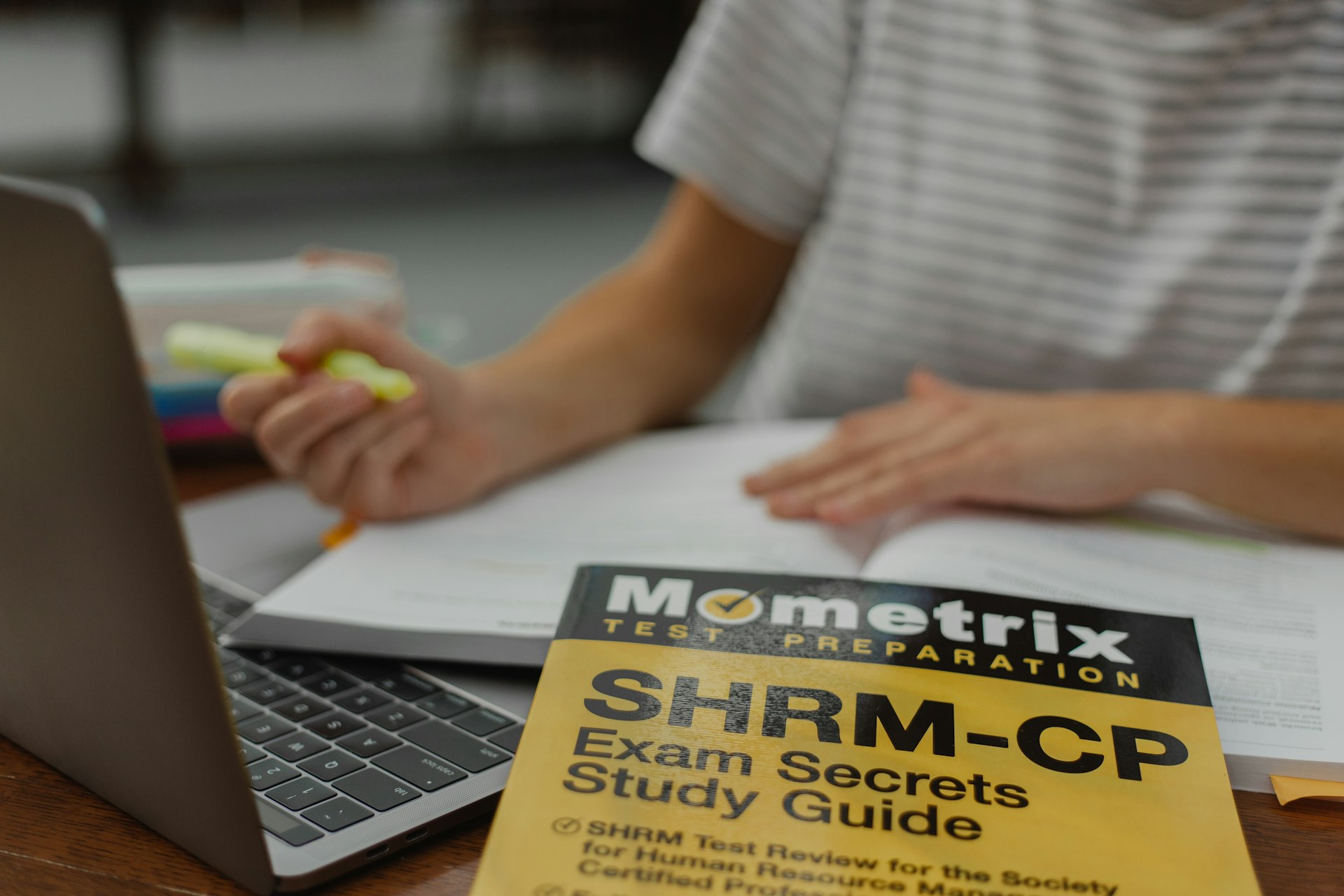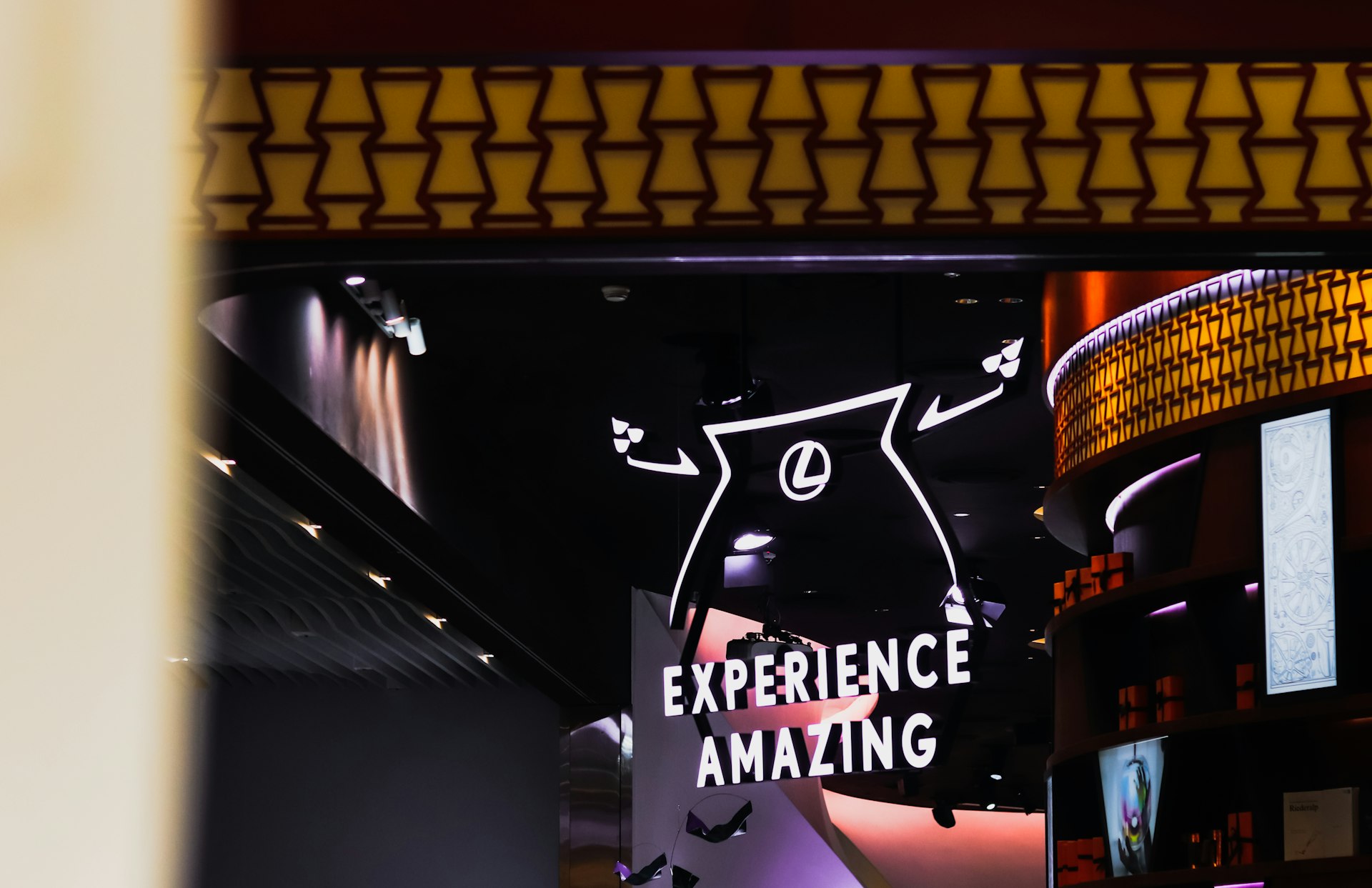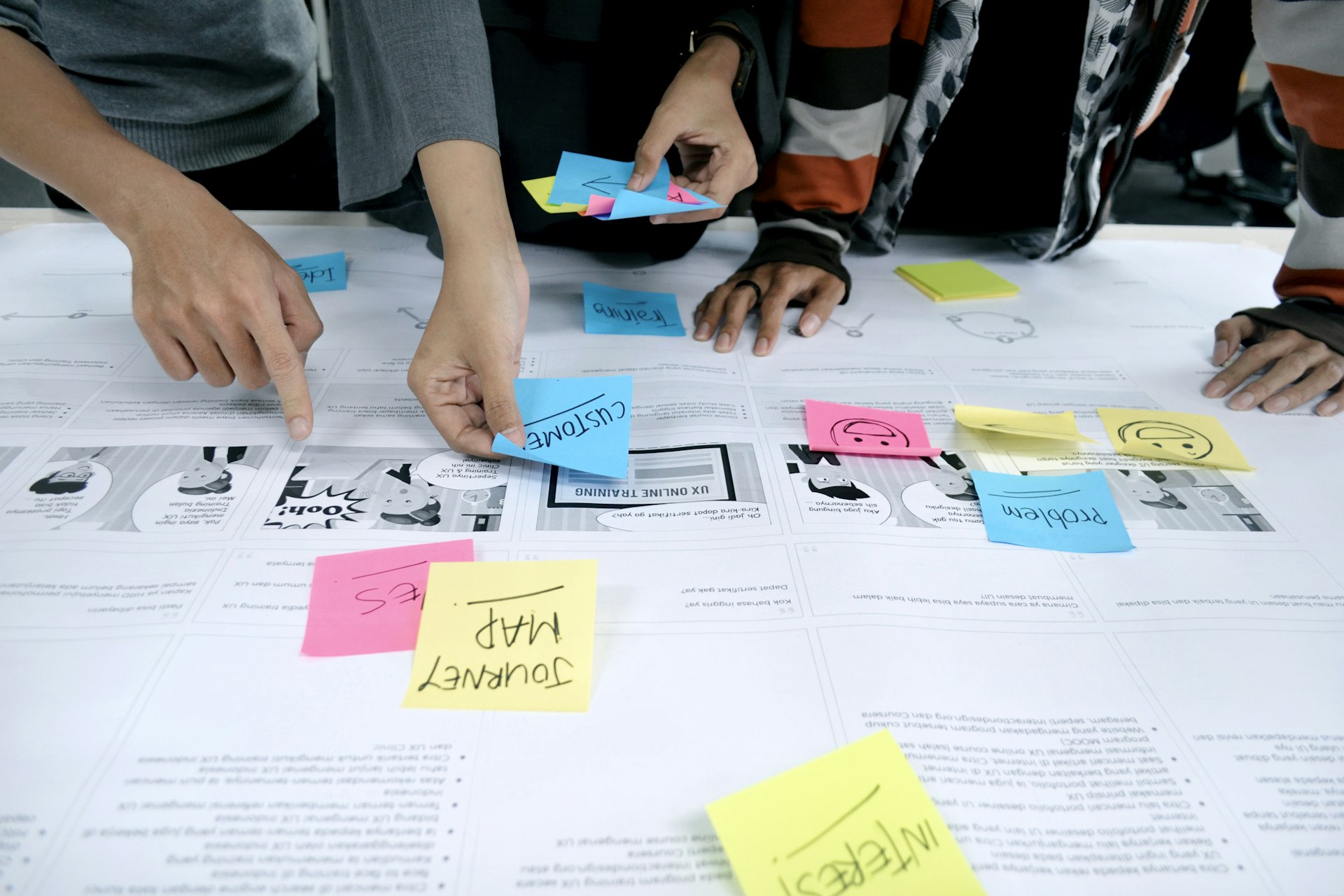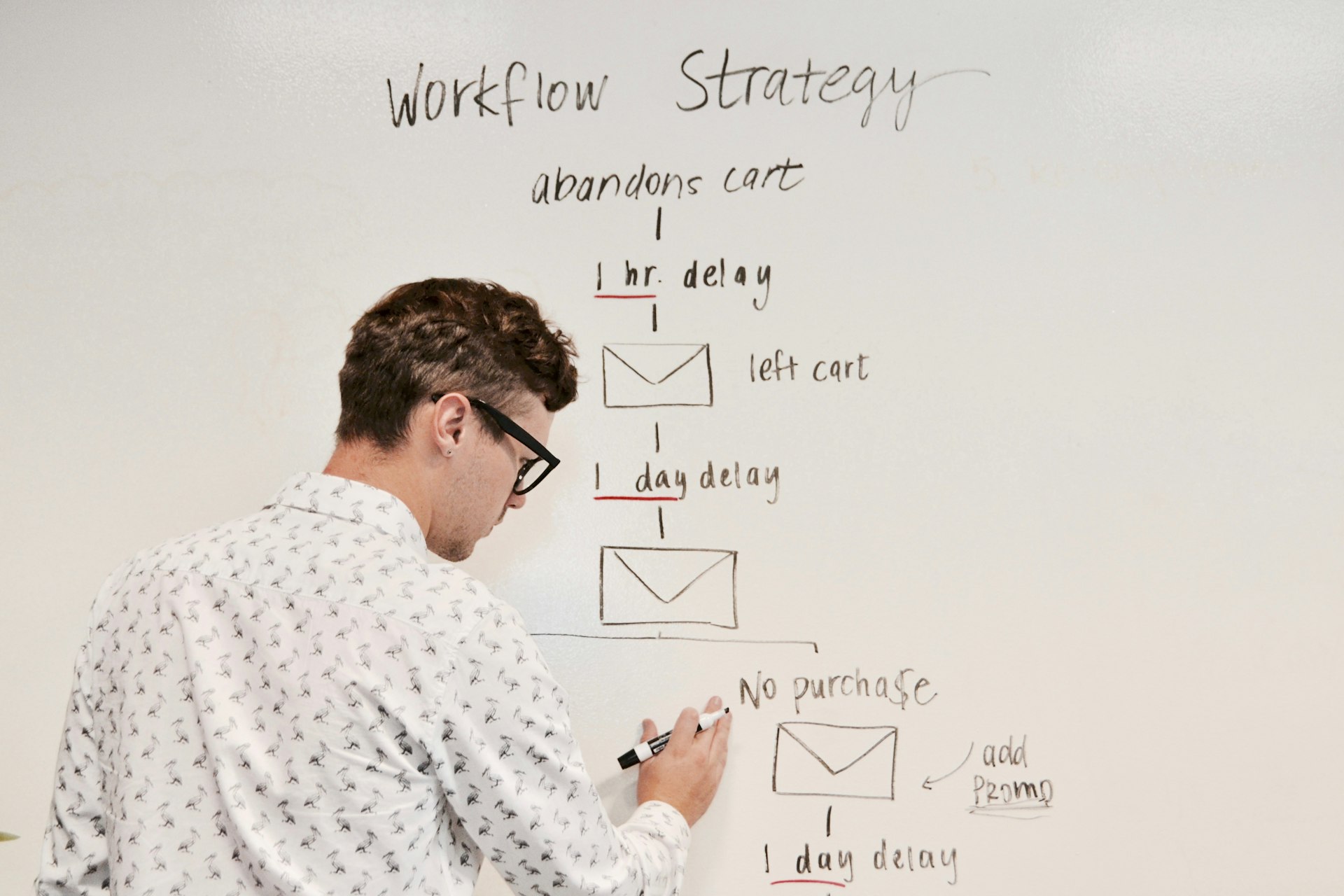Supercharge Your Campaigns: Unlocking the Power of AI-Powered A/B Testing for Continuous Improvement

Photo by Omar Ramadan on Unsplash
Introduction: The Evolution of A/B Testing in Marketing
In today’s digital landscape, marketing leaders face increasing pressure to improve campaign performance, maximize return on investment (ROI), and make data-driven decisions. Traditional A/B testing has long served as the backbone of campaign optimization, but the emergence of AI-powered A/B testing is fundamentally changing how businesses approach experimentation and improvement. By automating complex analytical processes and accelerating time to insight, AI is helping marketers deliver more relevant, personalized, and effective campaigns faster than ever before [1] .
What is AI-Powered A/B Testing?
AI-powered A/B testing leverages artificial intelligence and machine learning algorithms to automate, enhance, and scale the process of testing campaign variations. Unlike traditional methods, which require manual setup, data collection, and analysis, AI-driven solutions can autonomously generate hypotheses, execute experiments, analyze large datasets, and adapt campaign elements in real time. This approach drastically reduces the resources and expertise needed to run effective tests, while also increasing testing speed and accuracy [3] .
Core Benefits of AI-Driven A/B Testing
AI-powered A/B testing offers several distinct advantages for campaign improvement:
- Automated Hypothesis Generation: AI analyzes historical and behavioral data to suggest high-impact elements to test, such as headlines, images, CTAs, or offers. This removes guesswork and enhances the likelihood of finding meaningful improvements [1] .
- Real-Time Experimentation: AI tools dynamically shift traffic to winning variants as soon as patterns emerge, minimizing wasted impressions and maximizing conversions [1] .
- Deep Data Analysis: Machine learning models can uncover hidden trends, segment user responses, and even predict future campaign performance based on current results [3] .
- Multi-Armed Bandit Testing: Rather than splitting traffic evenly throughout a test, AI adaptively allocates more traffic to better-performing options-speeding up optimization and reducing losses [1] .
- Continuous Learning and Personalization: AI-driven systems learn from each experiment, allowing for ongoing adjustment and personalized experiences across audience segments [4] .
How AI-Powered A/B Testing Works: Step-by-Step Guide
Adopting AI-powered A/B testing involves several key steps. Here’s a practical breakdown of the process, including actionable guidance for each stage:

Photo by Kin Shing Lai on Unsplash
1. Data Collection and Integration
Begin by integrating your digital marketing platforms (such as web analytics, email marketing, and ad platforms) with your chosen AI-powered A/B testing tool. Many leading solutions can connect to major data sources and ingest behavioral, demographic, and campaign data automatically. If your platform does not support direct integration, you can typically export data as CSV files and upload them manually. Focus on collecting data about user engagement, conversion actions, and campaign parameters to fuel the AI’s analysis [3] .
2. Hypothesis Generation
AI algorithms scan your historical and real-time data to identify potential variables for testing. For example, the AI might suggest testing new subject lines in email campaigns, swapping images on landing pages, or adjusting call-to-action copy. This step is crucial for removing bias and surfacing high-impact ideas that may have been overlooked by manual analysis [1] . Consider using AI-enabled survey analysis to incorporate customer feedback and sentiment into your hypothesis generation.
3. Experiment Setup and Execution
Once hypotheses are generated, the AI system automatically creates test variants and allocates traffic between them. Unlike traditional methods, where equal splits are used, AI can employ dynamic allocation (e.g., multi-armed bandit algorithms) to route more visitors to better-performing variants as data accumulates. This increases efficiency, shortens testing cycles, and minimizes the exposure of underperforming options [1] .
4. Real-Time Adaptation and Optimization
AI-powered testing platforms continuously monitor results and adapt experiments in real-time. For example, if one landing page variant begins to outperform others, the AI system can automatically shift more traffic toward it, accelerating overall campaign improvement. This approach is especially valuable for high-traffic campaigns, where rapid iteration can yield significant gains [4] .
5. Deep Analysis and Actionable Insights
AI tools synthesize results across multiple data streams, providing not just statistical significance but also actionable insights about why certain variants perform better. These insights may include behavioral patterns, demographic segmentation, and future performance predictions. Many platforms produce easy-to-read dashboards and summary reports, enabling marketers to act quickly [3] .
Case Study: AI-Powered A/B Testing in Action
Consider a digital marketing team aiming to improve the conversion rate of a lead generation landing page. Using an AI-powered testing platform, they upload historical visitor and conversion data. The AI suggests testing new copy for the headline and a different color for the CTA button, based on past engagement patterns.
During the experiment, the AI dynamically shifts more traffic to the variant with the new headline as it quickly outperforms the original. With continuous adaptation, conversions increase by 22% within the first week-a result that would have taken weeks or months using manual methods. The team receives a detailed report showing which changes made the difference and why, enabling them to further refine future campaigns [4] .
Implementation Challenges and Solutions
While AI-powered A/B testing offers substantial benefits, organizations may encounter challenges such as data integration complexity, lack of internal expertise, or resistance to automated decision-making. To overcome these obstacles:
- Start with pilot projects to demonstrate quick wins and build internal buy-in.
- Invest in training and upskilling marketers on how to interpret AI-generated insights.
- Choose AI platforms that offer robust onboarding, support, and integration capabilities.
- Maintain transparency by validating AI decisions with traditional statistical methods where necessary.
Marketers are encouraged to consult their campaign platform provider for recommendations on AI-powered testing tools, or to search for “AI A/B testing platforms” and review verified solutions with strong customer support and transparent methodologies.
Alternative Approaches and Supplementary Techniques
For organizations not yet ready to fully implement AI-powered testing, hybrid strategies can be effective. For example, marketers may use AI tools for hypothesis generation and manual methods for experiment execution and analysis. Alternatively, start with automated reporting and insights before moving to fully automated campaign adjustments. Many platforms offer modular access to these features, allowing businesses to adopt AI at their own pace [3] .
How to Access AI-Powered A/B Testing Solutions
To get started with AI-powered A/B testing, consider the following steps:
- Evaluate your current marketing and analytics platforms to see if they already offer AI-enabled testing features.
- If not, search for reputable AI-powered A/B testing vendors using terms like “AI A/B testing platform” or “AI marketing optimization tool.” Review independent comparisons and verified customer reviews for platforms with proven track records.
- Contact platform representatives for a demo and request a trial or pilot program. Many solutions provide onboarding assistance and integration guides.
- If you require guidance, consult with your digital marketing agency or in-house data science team for recommendations on best-fit tools.
For enterprise-grade needs or custom integrations, engage with your IT department to ensure compliance with data security and privacy requirements.
Key Takeaways and Next Steps
AI-powered A/B testing is transforming campaign improvement by automating complex processes, accelerating time to value, and delivering deeper insights than ever before. Marketers can benefit from faster experimentation, greater accuracy, and continuous campaign optimization. To harness these advantages, assess your current tools, educate your team, and take incremental steps toward adopting AI-driven testing in your marketing operations.
References
MORE FROM todayhiring.us













